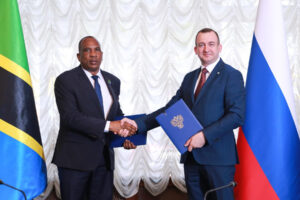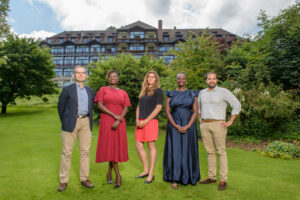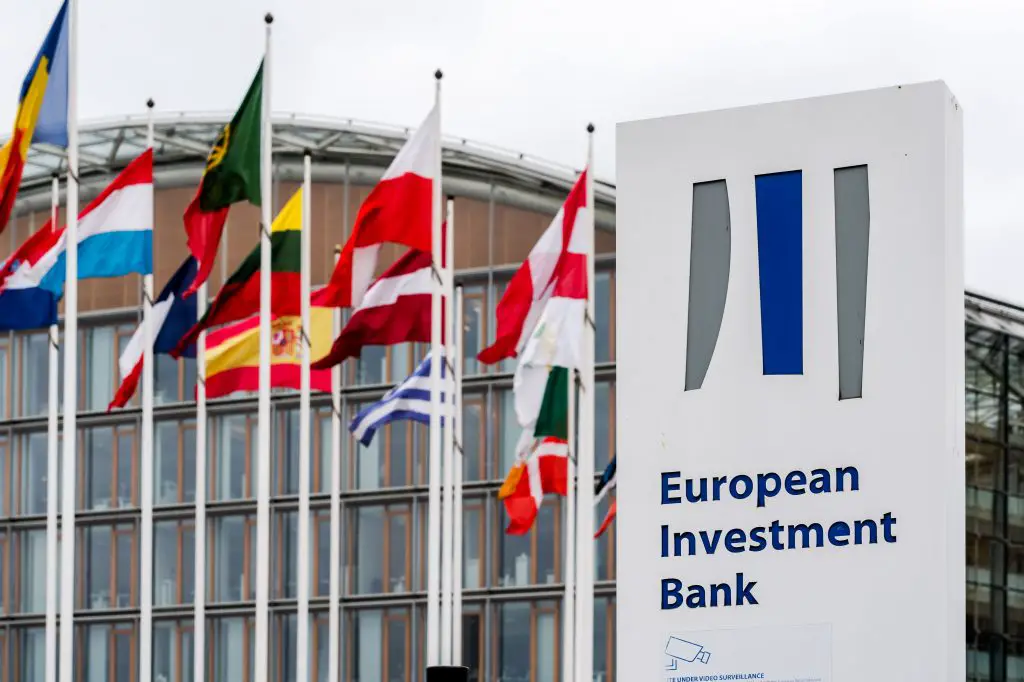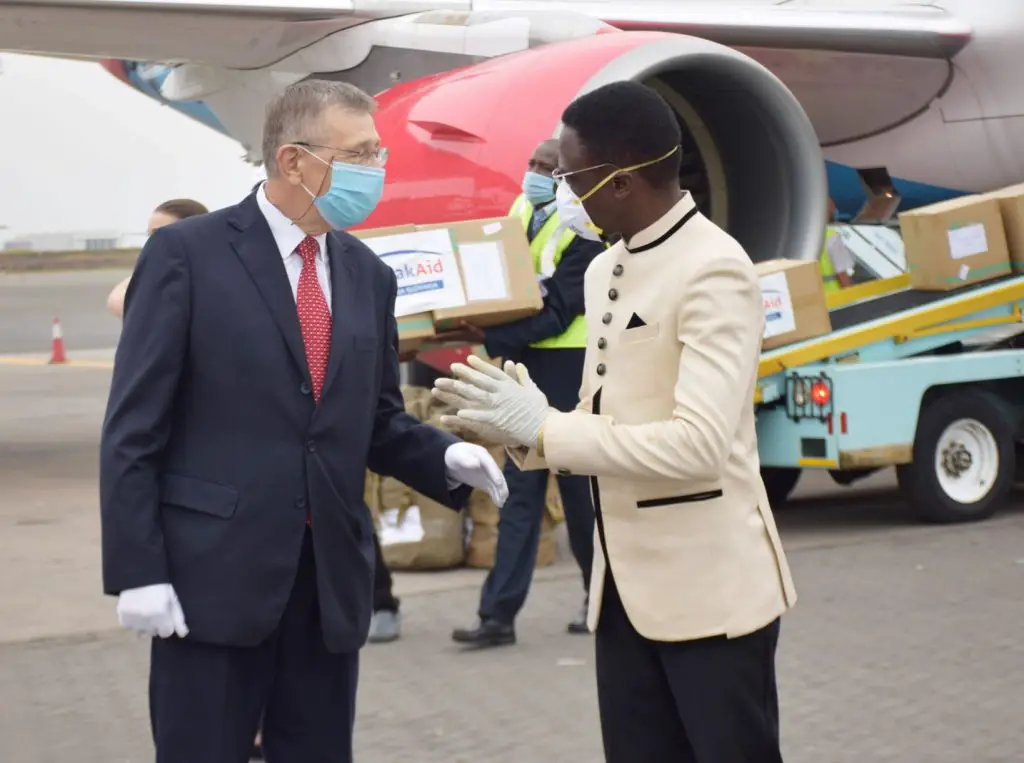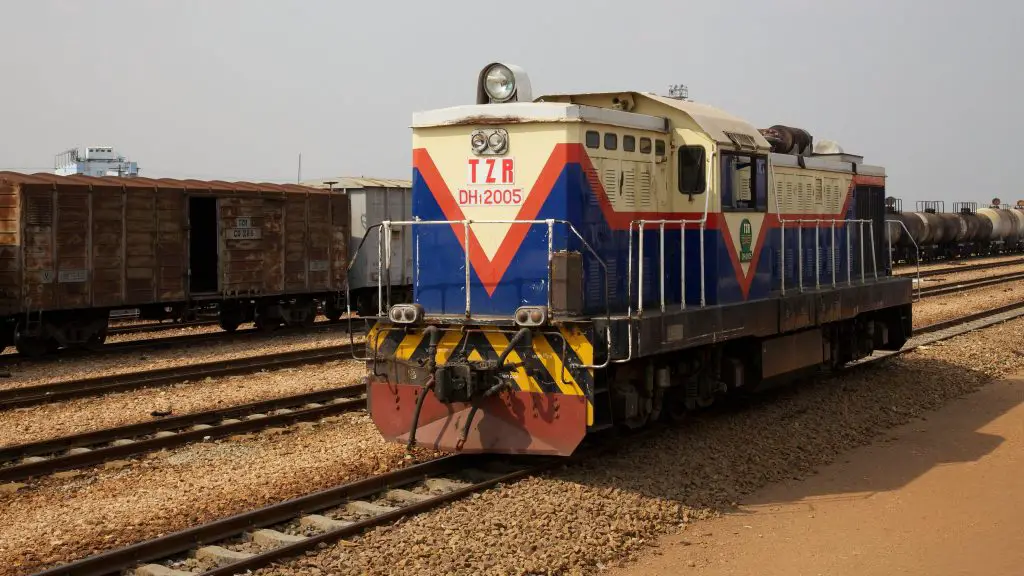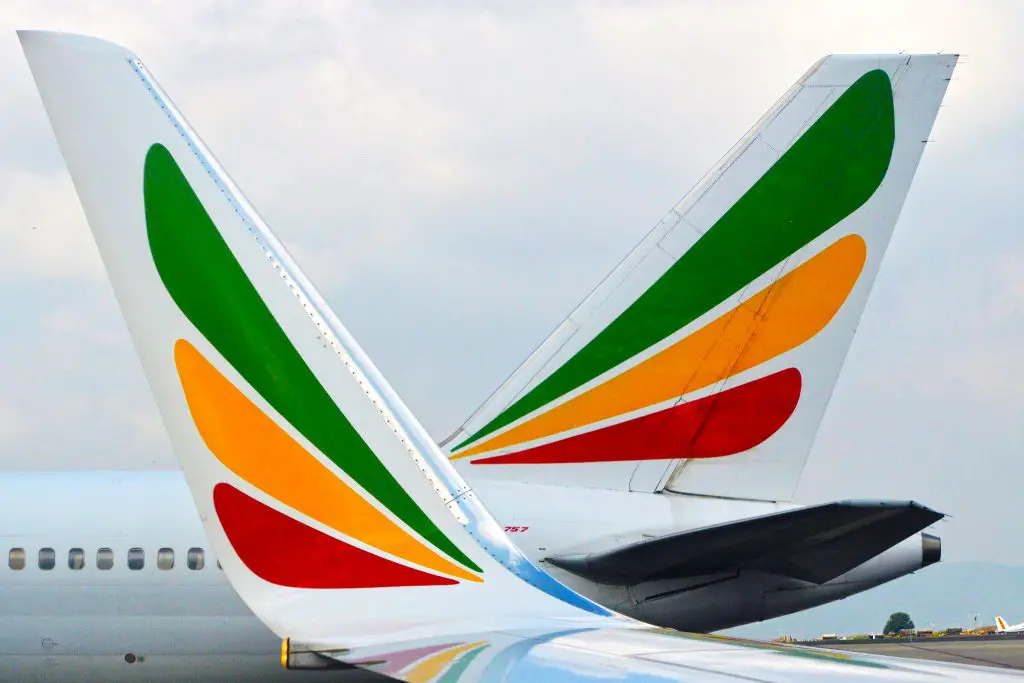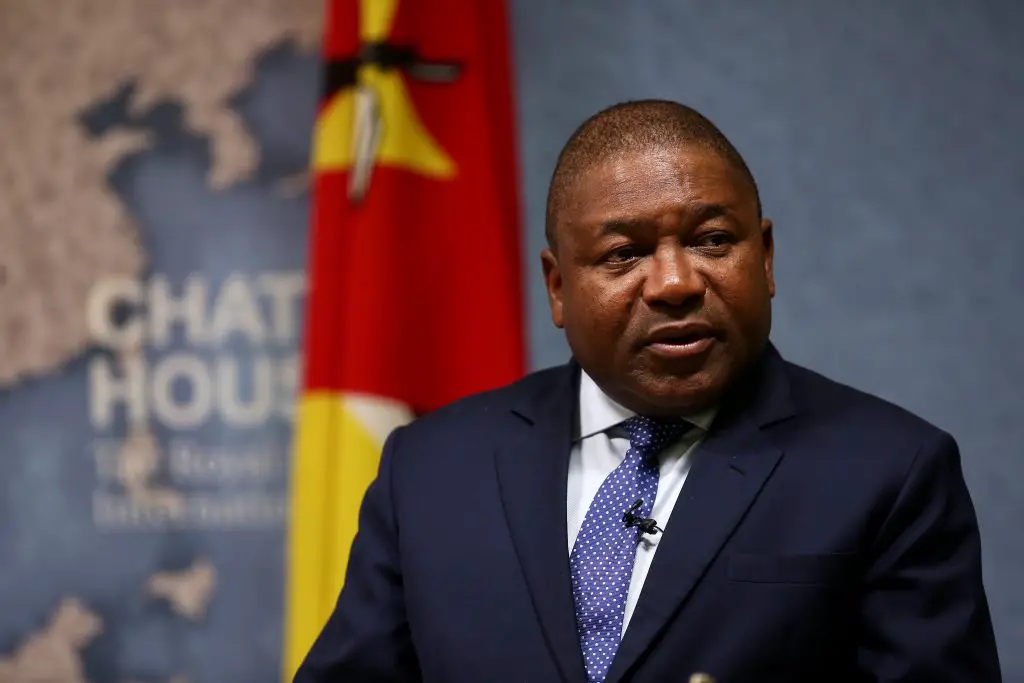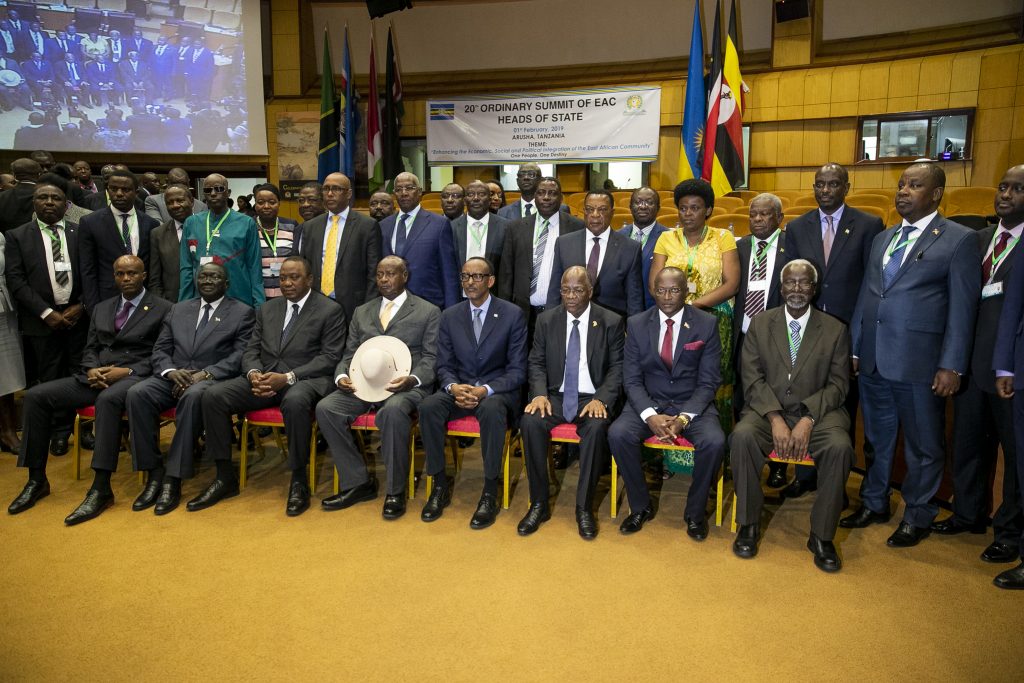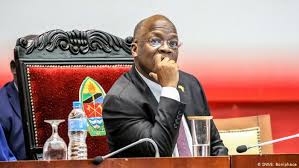- Russia and Tanzania unite to double trade, boost Africa market access
- History as Janngo Capital seals Africa’s largest gender-equal $78M tech VC fund
- South Africa Budget Disappoints Investors as Deficit Widens
- Kenya drops to 6th place in Africa trade barometer
- Tanzania’s bold move to boost cashew nut exports by 2027
- Chinese cities dominate global list of places occupied by billionaires
- Sudan tops up as Africa aims for $25 billion development fund
- Opportunities for youth: Tech firms Gebeya and NVIDIA to train 50,000 developers in Africa
Browsing: East Africa
The European Investment Bank (EIB) board of directors approved $14.9 billion to finance post-pandemic recovery projects and climate action around the world.
The new financing includes more than $3.67 billion of COVID-19 related investment aimed at strengthening public services, improving public health and back investment into companies in sectors hardest hit by the pandemic.
The bank has approved $23.8 billion since the pandemic began to enable public and private partners around the world to address challenges in health, social and economic aspects.
The EIB board of directors agreed to back investment in telecommunications, agriculture, housing, water and urban development across Asia, Europe, Africa, and Latin America.
Werner Hoyer, EIB President said fighting climate change and tackling the pandemic has to go hand-in-hand to achieve a green recovery. He also said that this money would be invested in sustainability and innovation efforts and be used to minimize the impact of climate …
The insurance industry in Tanzania is poised for growth and has the potential to pocket more markets over time.
The industry has gained vital milestones as the Tanzanian Insurance Regulatory Authority (TIRA) argues that the country has continued to play its strategic role in the national economy by providing underwriting capacity, making appropriate compensation against risks and contributing towards mobilization of financial resources for Tanzania’s sustainable economic development.
In 2019 former insurance regulator Dr. Baghayo Saqware noted that essential reforms were underway to increase coverage and stimulate economic growth by ensuring implementation of policy and non-policy reforms intended to boost the image of the insurance industry and increase public confidence, according to a report by The Citizen.
Across East Africa, Tanzania has been cited to record a promising mark over the past eight years on life insurance category, according to a report by Deloitte East Africa Insurance Outlook 2019/2020
Of the many brands and companies present in the European country of Slovak, ESET stands out rather brightly. The Slovak software company is known for its highly-reliable anti-virus technologies such as the NOD32, Smart Security or their smartphone security software. Founded in Bratislava decades ago, the company has been able to make in-roads in most parts of the world and now has a presence in Africa.
In January 2019, the Slovak Republic Ambassador to Kenya, Frantisek Dlhopolcek paid a courtesy visit to then Cabinet Secretary of the National Treasury, Henry Rotich where they signed an agreement on development cooperation between the two countries and promote trade and development.
With such an agreement, companies like ESET took advantage of the opportunities presented in the East African region to set base in Kenya. In the period of operation, ESET is looking at how it can capitalize on the changing cybersecurity needs of
The French Development Agency (AFD) signed a partnership with the Trade and Development Bank (TDB) of Eastern and Southern Africa to open a $150 million line of credit to finance sustainable infrastructure in East Africa.
Trade and Development Bank (TDB) is a commercial bank owned by the member states of the Common Market for Eastern and Southern Africa (COMESA), the World Bank and China.
The agreement was initiated by TDB’s chairman and CEO Admassu Tadesse and Ghislain de Valon, Director of AFD in Kenya. According to the French Development Agency, the aim of the credit line is to support Trade Development Bank in its role as a leading regional bank for climate finance in the region it serves (East Africa).
The funding will also increase the Trade and Development Bank’s supply of climate finance, directly contributing to the achievement of the objectives set out in the National Climate Change (NCC) …
While its Standard Gauge Railway project is commencing at the speed of light to give Tanzania its first electric powered train, the country is also making efforts to revive its once closed internal railway line for locomotives.
Last year, Tanzanians joy rode the reopened passenger and cargo train from the commercial port city of Dar es Salaam to Moshi, home of Africa’s highest mountain, the Kilimanjaro.
New locomotives were bought and engines imported, the train quickly became a national hit and immediately eased the pressure that was on road transport. Government officials led the excited public in trying out the train that has first, second and third class levels offering all te amenities that a traveler would need.
The revival of freight operations on the 438 km rail stretch was marked by a ceremony that was attended by Prime Minister Kassim Majaliwa at the destination of the train in Moshi.…
Ethiopia wants to join the World Trade Organization (WTO), the historically technocrat country now wants to open its doors and become a market economy.
This means privatizing its industries, a move that the country was previously reluctant to take. However, over the last eight years, Ethiopia has been making major economic reforms and the world has begun to notice.
Under the new liberalization policy, Ethiopia will now privatize some key sectors like its telecom industry and its national pride, the airlines led by Air Ethiopia as well as its banking and logistics sectors.
The world has taken notice and to urge and nudge the country on, the international community has allowed it to resume negotiations with the WTO.
A bid 8 yrs in making
Ethiopia started to make moves towards joining the WTO some 8 years ago when it first filed its application and a Working Party was formed in …
Mozambican President Filipe Nyusi will later this month take over the Chairmanship of the Southern African Development Community (SADC).
The 40th Heads of State summit will be held virtually as Mozambique takes helm of the regional organization to speak on peace, security and regional co-operation.
Up to this year, the Chairman of the 16-member regional bloc was under the leadership of Tanzania’s fifth President, Dr. John Magufuli.
President Magufuli, the seating chairperson, assumed the leadership of the trade bloc last year in August. Arguably, President Magufuli had to deal with one of the worst crisis that the SADC trade bloc has ever had to face, Covid-19.
As it did for the European Union and other World trade areas, the Covid-19 global pandemic rendered business asunder across all 16 member states. Most all SADC member states were forced to close their borders effectively disrupting business flow across Africa’s largest trade bloc.…
After much back and forth that caused enormous delay, the East African Community (EAC) has passed a 97.6m US dollars budget for the next financial year.
Of the total amount, 55.6m US dollars will come from EAC partner states, while development partners will contribute 41.9m US dollars.
The budget reflects the region’s top priority areas which can be shortlisted to about seven areas. During the next financial year, the community will focus on Consolidation of the Single Customs Territory (SCT) to cover all imports and intra-EAC traded goods, including agricultural and other widely consumed products.
It will also cover infrastructure development including the enhancement of free movement of all factors of production as declared under the Common Market and Monetary Union Protocols.
Another focus area is the enhancement of regional industrial development through investment in key priority sectors like skills development, technological advancement and innovation to stimulate economic development.…
A man is dying of thirst yet he is surrounded by fresh water. That is the irony of the African farmer. The African farmer is surrounded by fertile land and two rainfall seasons yet he is poor and has very little yield.
By all accounts Africa should be feeding the world. Most of the continent is miles and miles of fertile land. Since most of Africa is on the equator or just a few degrees above, it experiences tropical weather that is characterized by two high rainfall peaks.
So why does Africa not produce enough food to feed itself and the rest of the world? Simple, Africa’s productivity is in the hands of the smallholder farmer. The smallholder farmer is a poor peasant who uses rudimentary tools to farm.
Faced with the adverse effects of climate change, the farmer no longer has predictable rain seasons. Instead, as is characteristic of…
Five years ahead of schedule Tanzania achieved middle income status. To be exact, the World Bank changed it's classification from ‘a low-income to a lower-middle-income country.’
East Africa’s sleeping giant is finally awakening. Right in the middle of the global Coronavirus pandemic, Tanzania has provided a rare piece of good news — on 1 July 2020, the country achieved its middle-income vision five years ahead of schedule. – The Africa Report
The World Bank’s news was announced to the country by it’s President John Magufuli bringing even more recognition to the achievements of Tanzania’s fifth administration.
In his twitter handle, the president posted the new country status emphasizing the achievement was accomplished five years ahead of time.
“Today, July 1, 2020, the World Bank announced that Tanzania has become a middle-income country. I congratulate my Tanzanian colleagues for this achievement. This is a big feat that we have accomplished and…
